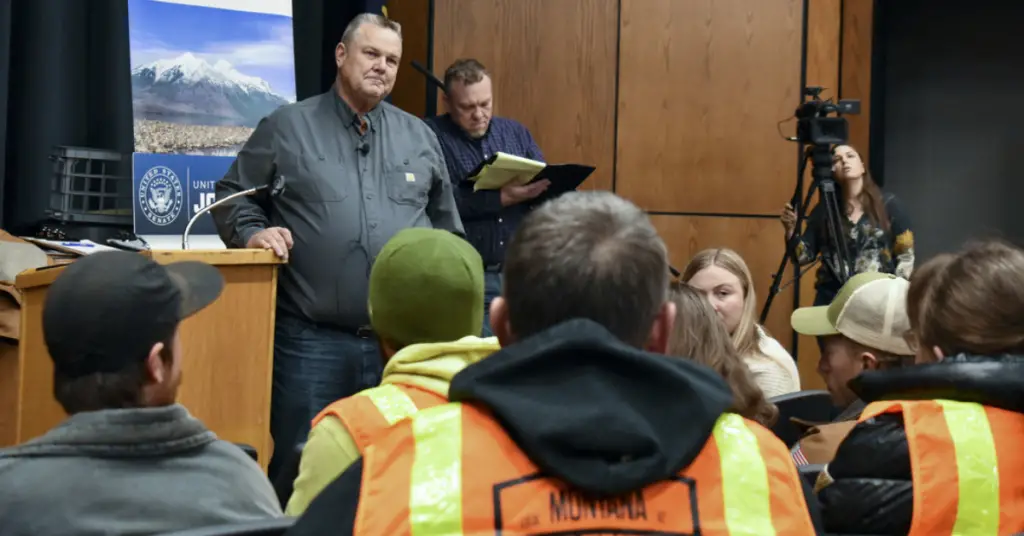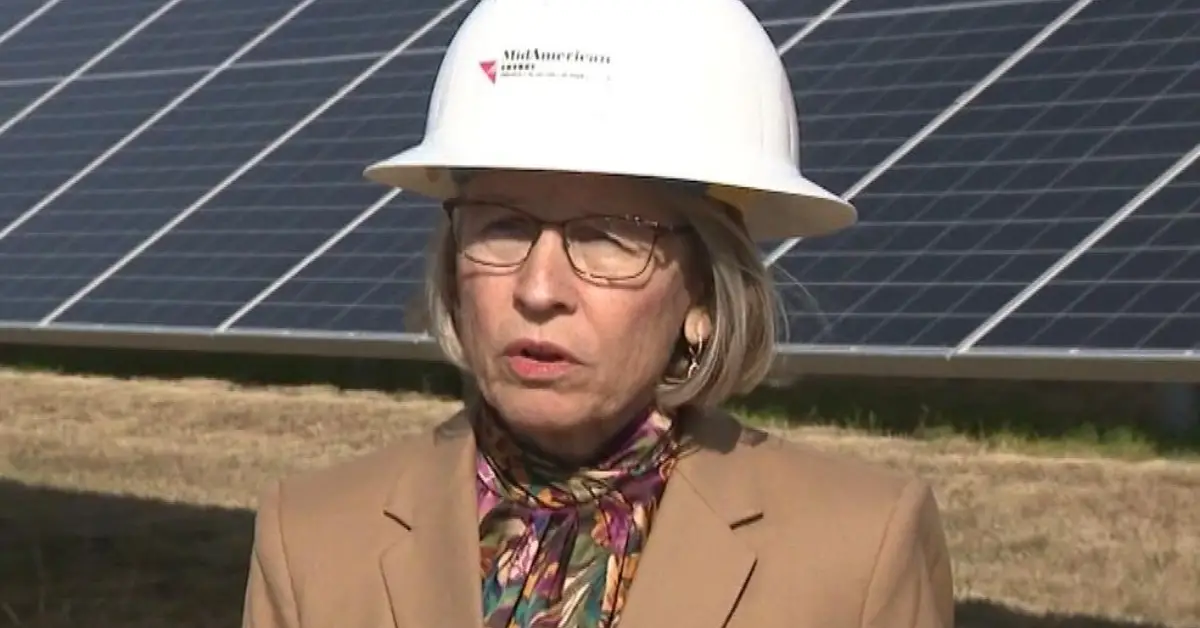IOWA — Nearly $96 million in federal community project funds that Iowa lawmakers had fought for to support local priorities were left out of the final budget deal passed by Congress last month. These funds had been included in a proposal to support various local projects but were stripped out of the bill to avoid a government shutdown. The removal of these funds affected a variety of projects across Iowa, particularly those aimed at addressing local needs like healthcare, education, and infrastructure.
Among the projects that lost funding were a request for $3.7 million to develop an agricultural training facility at Kirkwood Community College in Linn County, $1.25 million to expand the labor and delivery unit at Grinnell Regional Medical Center, and $4 million to improve Belle Plaine’s drinking water system, especially important due to concerns about the ongoing drought.
Tim Hagle, a political science professor at the University of Iowa, explained that while these earmark allocations were in the House version of the bill, they had to be removed to ensure the Senate would approve the measure. Hagle also pointed out that this situation wasn’t unique to Iowa; many other states saw similar cuts to their funding requests.
Kirkwood Community College’s decision to withdraw federal support has delayed plans to upgrade its livestock education facilities. Kirkwood President Kristie Fisher emphasized that the college’s goals have not changed, but the project will have to be postponed.
She expressed optimism that the school would eventually secure the federal support it needs, noting that earmarks had previously helped the college launch popular career programs, such as aviation maintenance.
Iowa’s House Republicans had submitted over $90 million in community funding requests as part of the 2025 budget cycle. The proposals, advanced by Representatives Ashley Hinson, Mariannette Miller-Meeks, and Zach Nunn, focused on areas such as water management, flood control, workforce training, and transportation.
Hinson’s office responded to the setback by encouraging the groups affected by the funding cuts to apply again in the next budget cycle. “Bringing Iowa tax dollars back to Iowa is a priority for me, and I will continue to work to secure federal resources that benefit Iowa communities,” Hinson said in a statement.
Miller-Meeks, who had requested approximately $35 million in funding for Iowa’s 1st District, attributed the breakdown to Senate Democrats. She noted that although the House passed many of the funding requests, the Senate had stalled the process.

Despite this setback, she reiterated her commitment to fighting for projects that would benefit her district. “I will continue to push for these vital projects,” she said, also defending her vote in favor of the stopgap measure.
According to her office, Miller-Meeks voted for the Continuing Resolution to avoid a government shutdown, secure a raise for junior enlisted military personnel, and ensure essential services like Social Security and medical reimbursements would continue without interruption.
The nearly $96 million in lost funding for Iowa was part of a larger package of $13 billion in community project requests that were excluded from the stopgap bill passed nationwide. Earmarks, which had been banned in 2011, were reinstated in 2021 under new rules designed to provide transparency and allow lawmakers to direct federal funds to local projects.
Hagle explained that earmarks still play an important role in the political and practical landscape. They allow members of Congress to bring resources to their districts and potentially boost their chances for reelection.
At Kirkwood Community College, President Fisher remained hopeful, even though the setback had delayed plans. “The plan is on hold, but this was a critical part of the funding,” Fisher said. “It’ll take us a couple more years to do it now.” While the delay is disappointing, the college is not giving up on its vision for a new agricultural training facility, and it hopes to secure federal funds in future budget cycles to make the project a reality.
Disclaimer: This article has been meticulously fact-checked by our team to ensure accuracy and uphold transparency. We strive to deliver trustworthy and dependable content to our readers.




